 For as long as we can remember, the clinical standard has stressed the importance of fasting to receive accurate laboratory results. Fasting is still the Gold Standard and should be followed if at all possible. However, recent studies are now showing that only a minimal change will be reflected in the lipid panels with varied fasting duration.
For as long as we can remember, the clinical standard has stressed the importance of fasting to receive accurate laboratory results. Fasting is still the Gold Standard and should be followed if at all possible. However, recent studies are now showing that only a minimal change will be reflected in the lipid panels with varied fasting duration.
In a six-month Canadian study[i] conducted on more than 200,000 participants, individuals were analyzed based on their fasting duration and the results of their lipid tests. The research showed that total cholesterol varied by less than 2 percent regardless of how long the patient had been fasting. Higher discrepancies were shown in triglyceride (up to 20 percent) and glucose levels, indicating fasting is still preferred for triglyceride and glucose tests.
While underwriters should still prefer a fasting specimen, valuable laboratory insights can still be drawn on non-fasting specimens. If a person mistakenly eats prior to an exam, it is important to know when the last meal was consumed. An underwriter can still base decisions off these laboratory results, knowing that an elevated triglyceride or glucose level was present most likely because a meal was consumed a couple hours prior to their exam. The truth is, for many people, it’s hard to fast for eight hours. It’s likely if a person is going in for a blood draw in the afternoon, they may not have fasted for the previously recommended time frame. These non-fasting test results can still be very valuable and appropriate underwriting decisions can still be made on most applicants in these situations.
__________________________________
[1] http://www.darkdaily.com/fasting-for-cholesterol-testing-may-be-unnecessary-that-could-ease-the-morning-rush-of-patients-at-clinical-laboratories-1226#axzz2Gvcn34KE

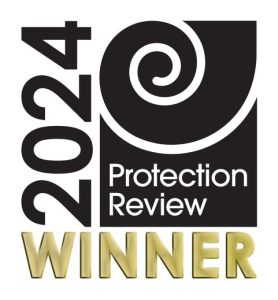

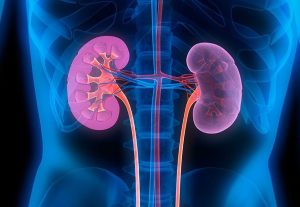

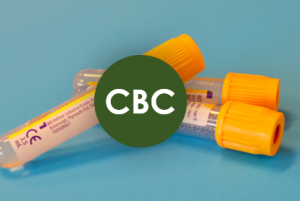
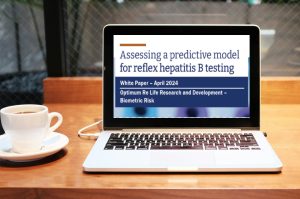



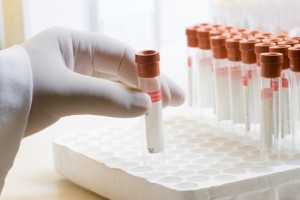









In a six-month Canadian study[i] conducted on more than 200,000 participants, individuals were analyzed based on their fasting duration and the results of their lipid tests. The research showed that total cholesterol varied by less than 2 percent regardless of how long the patient had been fasting. Higher discrepancies were shown in triglyceride (up to 20 percent) and glucose levels, indicating fasting is still preferred for triglyceride and glucose tests.
While underwriters should still prefer a fasting specimen, valuable laboratory insights can still be drawn on non-fasting specimens. If a person mistakenly eats prior to an exam, it is important to know when the last meal was consumed. An underwriter can still base decisions off these laboratory results, knowing that an elevated triglyceride or glucose level was present most likely because a meal was consumed a couple hours prior to their exam. The truth is, for many people, it’s hard to fast for eight hours. It’s likely if a person is going in for a blood draw in the afternoon, they may not have fasted for the previously recommended time frame. These non-fasting test results can still be very valuable and appropriate underwriting decisions can still be made on most applicants in these situations.
__________________________________
[1] http://www.darkdaily.com/fasting-for-cholesterol-testing-may-be-unnecessary-that-could-ease-the-morning-rush-of-patients-at-clinical-laboratories-1226#axzz2Gvcn34KE